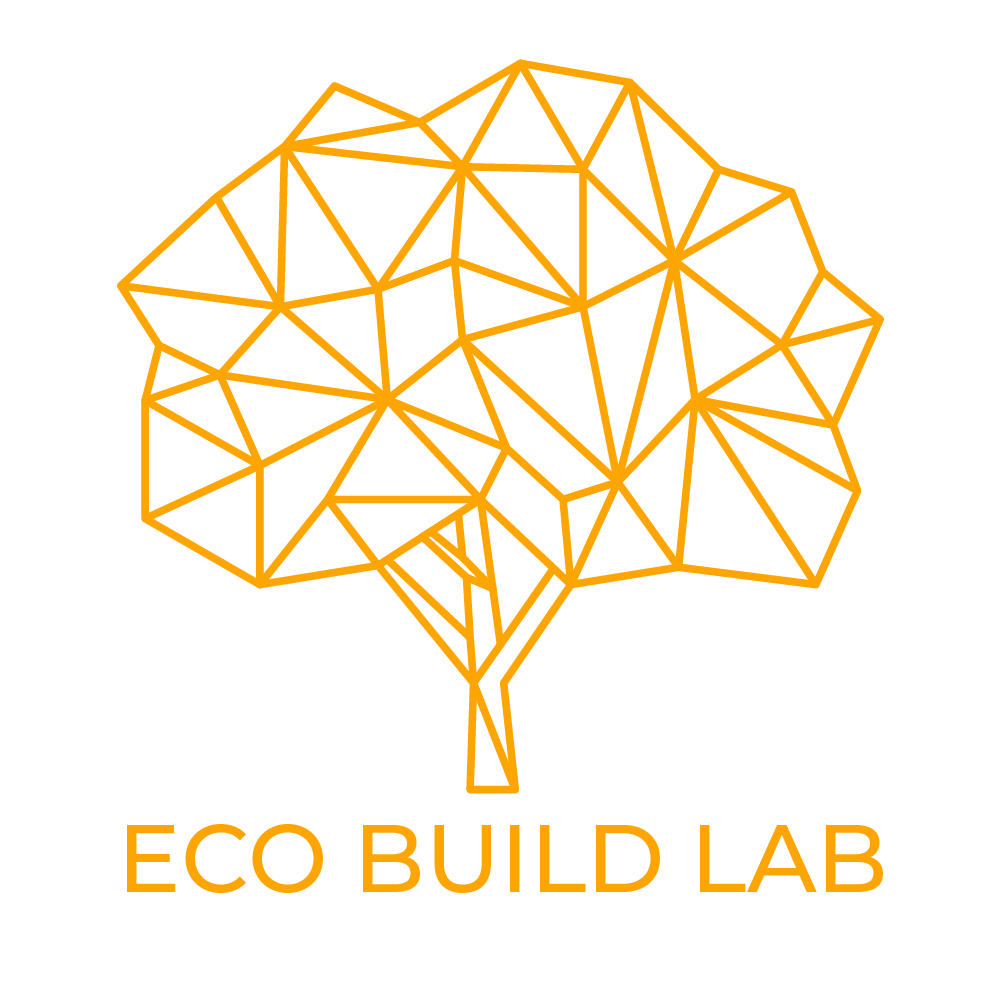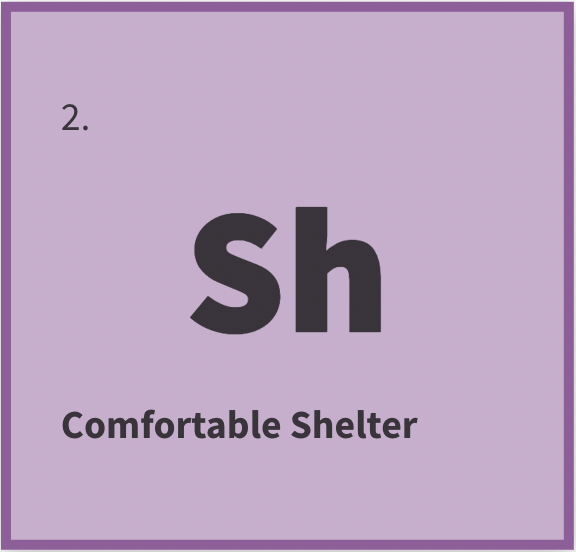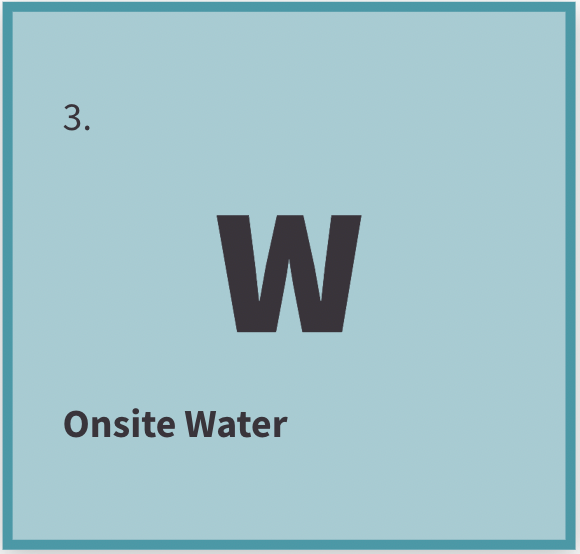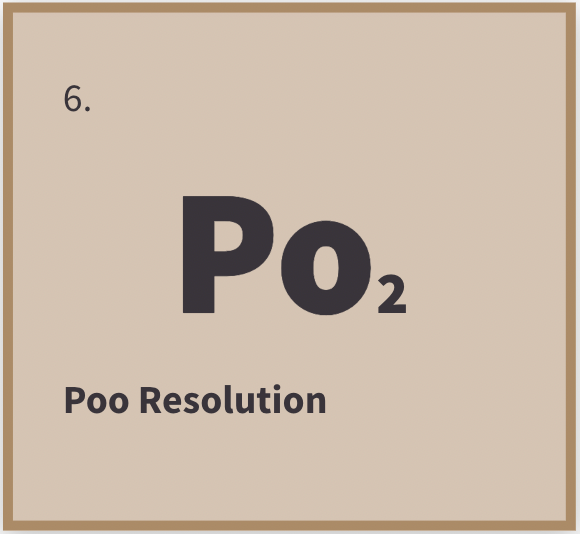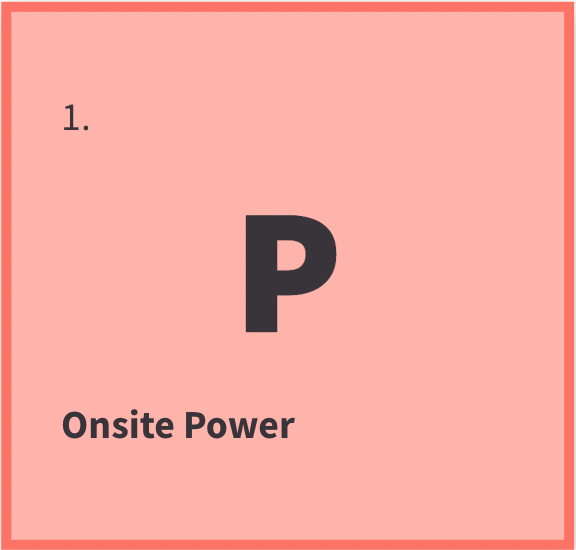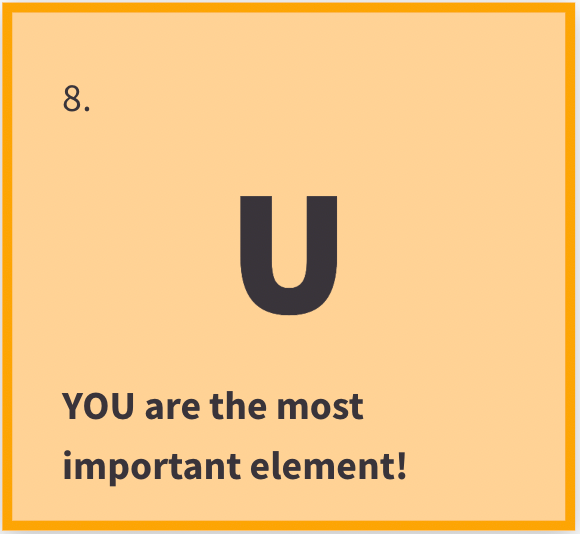4.
Gw
Grey water / Water recycling.
water recycling
A foundational element for off-grid living is making the most of precious resources. Using every drop of water two, three, or four times, for different purposes, means that you are stretching your water supply and reaping other benefits like oxygen-producing plants that filter the air inside your home. You can even grow food with recycled water!
How water recycling works on-grid:
How water recycling works off-the-grid:
When you go off-grid and don’t have (seemingly) endless water, you need ways to use water more than once. You do need fresh virgin water for drinking, bathing and washing your clothes and dishes (we’re not living on a commuter shuttle to Mars drinking our own purified urine). But you do not need it for growing food, watering landscaping or flushing your toilet.
There are different ways to prepare used water for reuse, mechanical and/or biological. Water recycling can be as simple as drip irrigation or bailing water out of your sink or bathtub and pouring it directly on plants or bucket flushing your toilet.
There are also more sophisticated, integrated ways to recycle water like greywater and black water botanical gardens that irrigate plants while cleaning up once-used water and preparing it for another use like toilet flushing. Really, when you think about it, pooping in fresh water as we do in conventional homes, is wasteful and even irresponsible when you consider the global water crises we are facing.
The key to water recycling is source separation. Conventional plumbing ties all the waste water lines together, mixing the not so dirty greywater, with the very dirty black water and sending it all to either a municipal wastewater treatment plant or to an on-site septic system. A house that has alternative wastewater treatment systems would be plumbed to separate the water coming out of your bathroom sink, tub/shower, and washing machine drains, and plumbing them to a greywater treatment system. Greywater from the kitchen sink and dishwasher has a high volume of organic matter and either needs to be pre-filtered or sent directly to your black water treatment system.
How water recycling relates to the other Elements of an Off-Grid Home:
Deciding how you want to deal with your pee and poo will relate to your water recycling system as it will dictate whether you have a dry toilet that does not need greywater (you can still have planters and use greywater for landscaping purposes) or if you have a flushing toilet, you’ll need to make sure your planter is set up to send water back to your toilet and that you have a blackwater system that can recycle your water further.
If you have a greywater planter you will need power to run a very small recirculation pump. This can come from your main system or from a small, dedicated solar panel that only runs the pump when the sun is shining. If you have a dry toilet you will need a little bit of electricity for a vent fan and if you have a greywater flush toilet you will need electricity for a pump to send the greywater to your toilet tank.
want to learn more about water recycling?
SUBSCRIBE
Thank you for contacting Eco Build Lab.
You will be hearing from us in your inbox!
Please try again later.

